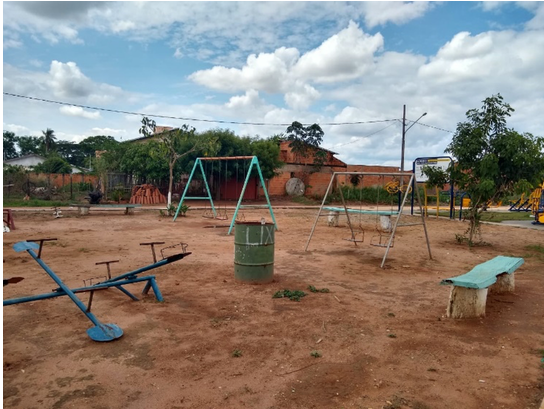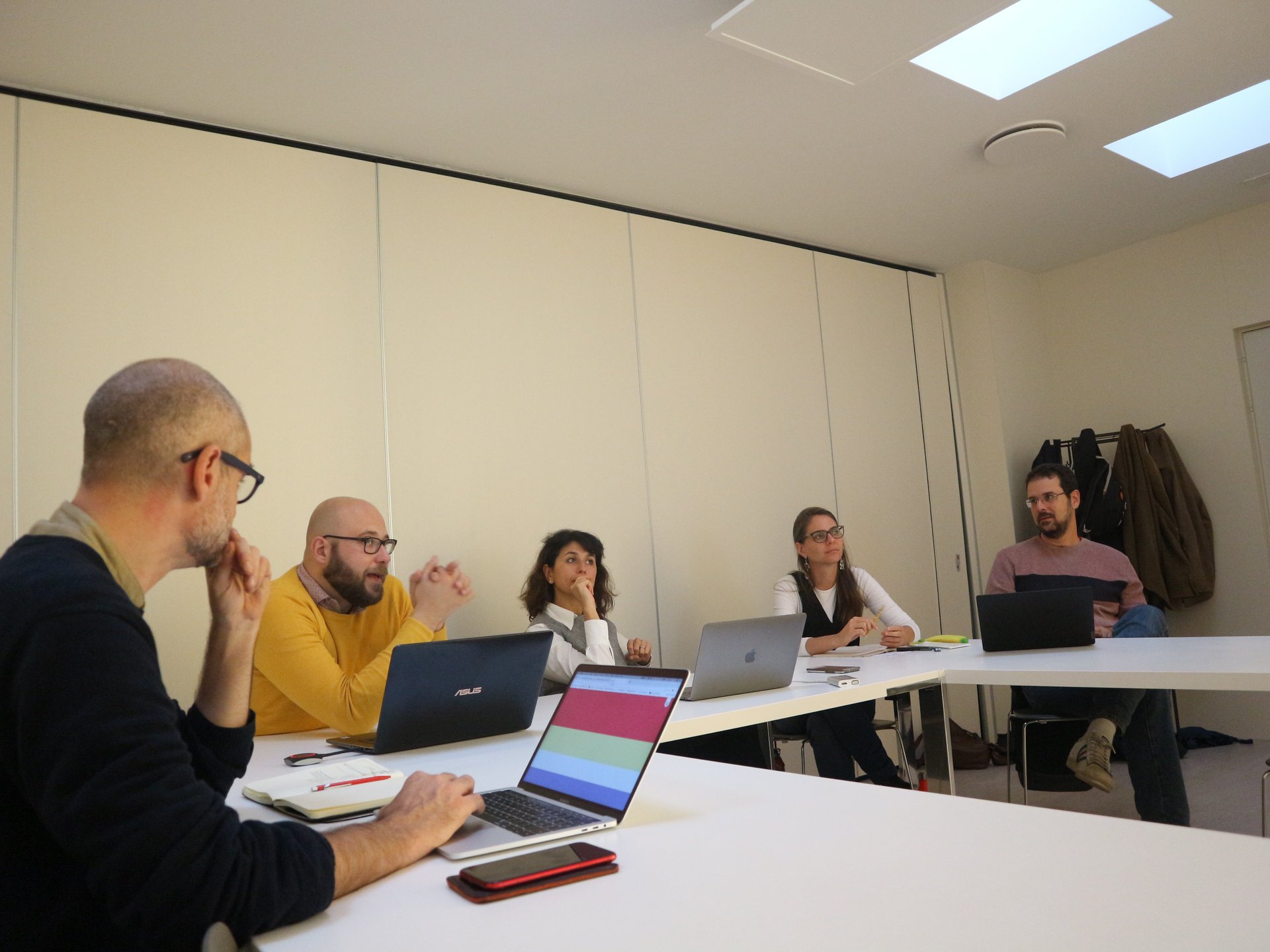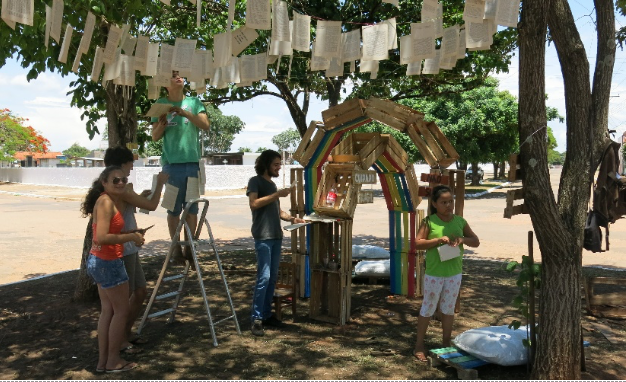Oficina Comunitária de Arquitetura
Mato Grosso - Brazil



In collaboration with the School of Architecture and Engineering at Universidade do Estado de Mato Grosso (coordinator Juliana Demartini) and with GESTUAL Group (Group of Socio-Territorial, Urban and Local Action Studies) of the School of Architecture at Universidade de Lisboa.
Launched in March 2020, the project aims to develop interactions between universities and communities related to the city and based on the experiences and methods used by the ScAR project at the Politecnico di Milano. The two Italian and Brazilian research groups met at the AISU (Associazione Italiana Storia Urbana) International Conference held in Bologna in September 2019. The conference led to a collaboration that first entailed a workshop to exchange best practices (Politecnico di Milano, October 2019) and then the launch of the project in the Mato Grosso region.
The project aims to promote reflection on issues related to the city, addressing human rights, citizenship, and environmental aspects through dialogue between university professors and students, state school teachers and students, and organisations that support education.
Through practical activities carried out in collaboration with other public institutions and social organisations, university students (scholars and volunteers) will be able to test participatory processes and deepen their knowledge and critical thinking about the city.
This is a pilot project designed to be replicated in other schools and towns in Mato Grosso.
The main objectives are:
- to promote the effective participation of everyone involved; to include human rights and urban planning issues in basic public education;
- to strengthen participatory processes in urban planning by introducing children and adolescents to debates on city issues and human rights;
- to discuss environmental issues and possible solutions (sustainability);
- to disseminate legal urban-planning tools related to human rights, such as the City Statute (Law no. 10.257/2001), and the law on technical assistance (Law no. 11.888/2008);
- to contribute to more comprehensive and sensitive training in human and civil issues for professionals in architecture and town planning, through practical experiences in the city with children and adolescents at state schools.
Through its work with children, adolescents, and adults from community schools, together with the university and local community, the local research group also aims to (expected outcomes):
- contribute to social transformations in the city, in particular empowering citizens and training agents to implement public policies;
- contribute to reflections on the city and on how to address problems and implement positive aspects that need to be identified;
- contribute to identifying and spreading the city’s tangible and intangible heritage among the groups involved;
- contribute to training architecture and urban-planning professionals to be more aware of their political and social role in building more equitable and sustainable cities.
Through practical activities carried out in collaboration with other public institutions and social organisations, university students (scholars and volunteers) will be able to test participatory processes and deepen their knowledge and critical thinking about the city. This is a pilot project designed to be replicated in other schools and towns in Mato Grosso.
